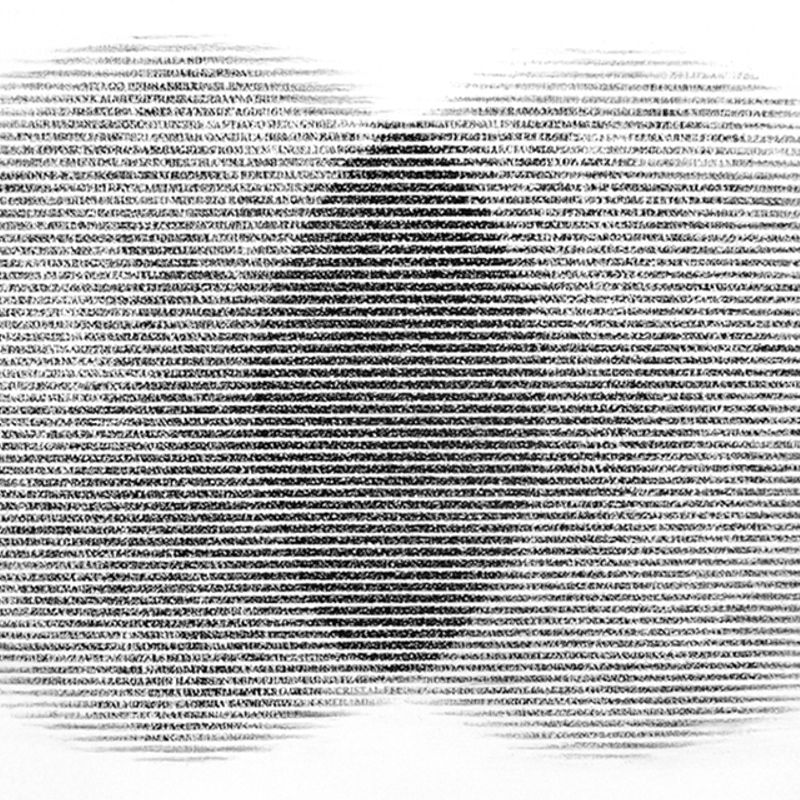Run Night 5: Second Baptist Church, Lubbock, TX
by Patrick WhitfillFrom that night in November 1803, to this
month of January 1838, [Grimaldi’s brother]
was never seen again; nor was any intelligence,
or any clue of the faintest or most remote description,
ever obtained by his friends respecting him.
—Memoirs of Joseph Grimaldi
Respect. As a man engaged with nothing short
of humor for a job, the biggest punch
line I’ve ever heard of goes like this: What
do you call a clown without respect? Who
gives a shit? The company has come out
all right, I guess. We’ve dropped the kinds of lines
that everyone drops—mostly when we have
to move on from one scene into the next.
That’s what I guess our luck is, FGJ.
It doesn’t matter if we know our lines.
First night, when Colombina’s stepdad beats
the door down following Act One’s reprise,
the kid who plays the servant boy is supposed
to run on stage and scream about the death
of a nun in town. It doesn’t matter. The plot,
I mean. The people in the audience
just come because these towns we’re in don’t know
exactly how to die. They get the gist
of it, of course, in that, they’re sure it ends.
This town, it doesn’t even have a tree
in it that came here naturally. But then
again, what does appear in any place
that we can say is natural? I guess
what disappears and how it disappears
is just as good as being anywhere. When
your brother disappeared, exactly how
did you respond? With jokes? The kinds that don’t
require a laugh to follow the telling
of? Granted, that’s all just another way
of selling lies without a reason. Still,
the crowd’s about to settle down. The lights
have flickered once, now twice, and while I know
I’ve got the first scene down, there’s not a night
goes by I don’t stand deep inside the folds
of the curtains, waiting for the moment when
I can pretend to be the thing I said I’ll be:
an actor, sure, but really just a clown.
But isn’t that the nicest thing about
the show, O dear Joe? Like your brother did
one time, we get to leave the place we’re least
expected back as soon as the makeup
comes off, the lights go cold. But the stage stops
its creaks, and lets us finally turn into
the dust we all become once we decide
it’s time for us to stand so very still.

